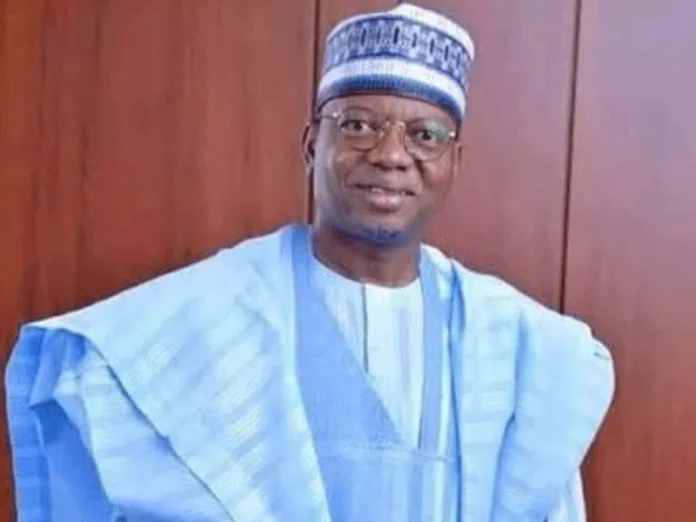Senator Sani Musa, Chairman of the Senate Committee on Finance and representative of Niger East, has called for a shift in the support strategies of the International Monetary Fund (IMF) and the World Bank. Speaking at the Spring Meetings of the IMF and World Bank in Washington, DC, Senator Musa emphasized the urgent need for these global institutions to recalibrate their approach toward fostering domestic-led growth in developing nations.
He pointed out that the economic challenges many developing countries face—such as mounting debt, global trade tensions, and increasing insecurity—cannot be solved through traditional methods like austerity measures or reliance on external support. Instead, he advocated for a focus on building resilience within local economies by strengthening domestic industries, providing skills and innovation training to the youth, and prioritizing local value chains over raw exports.
During a session with global finance leaders, policymakers, and development partners, Musa presented a roadmap for how the IMF and World Bank could better support economies like Nigeria’s. This roadmap included shifting from austerity measures to reforms that prioritize homegrown growth, particularly those that promote job creation, local enterprise, infrastructure, and agricultural transformation.
He also called for debt relief initiatives linked to investments, allowing countries to reinvest in productive sectors and human capital. Senator Musa highlighted the importance of improving access to green and climate finance to create jobs while addressing environmental challenges. In addition, he underscored the need for reforms in tax systems, anti-corruption measures, and improved fiscal governance to better mobilize domestic resources.
Musa further stressed the importance of involving national parliaments and civil society in economic decision-making to ensure policies align with local needs and enhance transparency. He argued that, given the global uncertainty caused by geopolitical instability, trade tariffs, and inflationary pressures, financial institutions must evolve into true partners in building resilience, not just managing crises.
His remarks sparked discussions on how multilateral institutions could play a more active role in post-crisis recovery and inclusive development, and were well-received by attendees.

